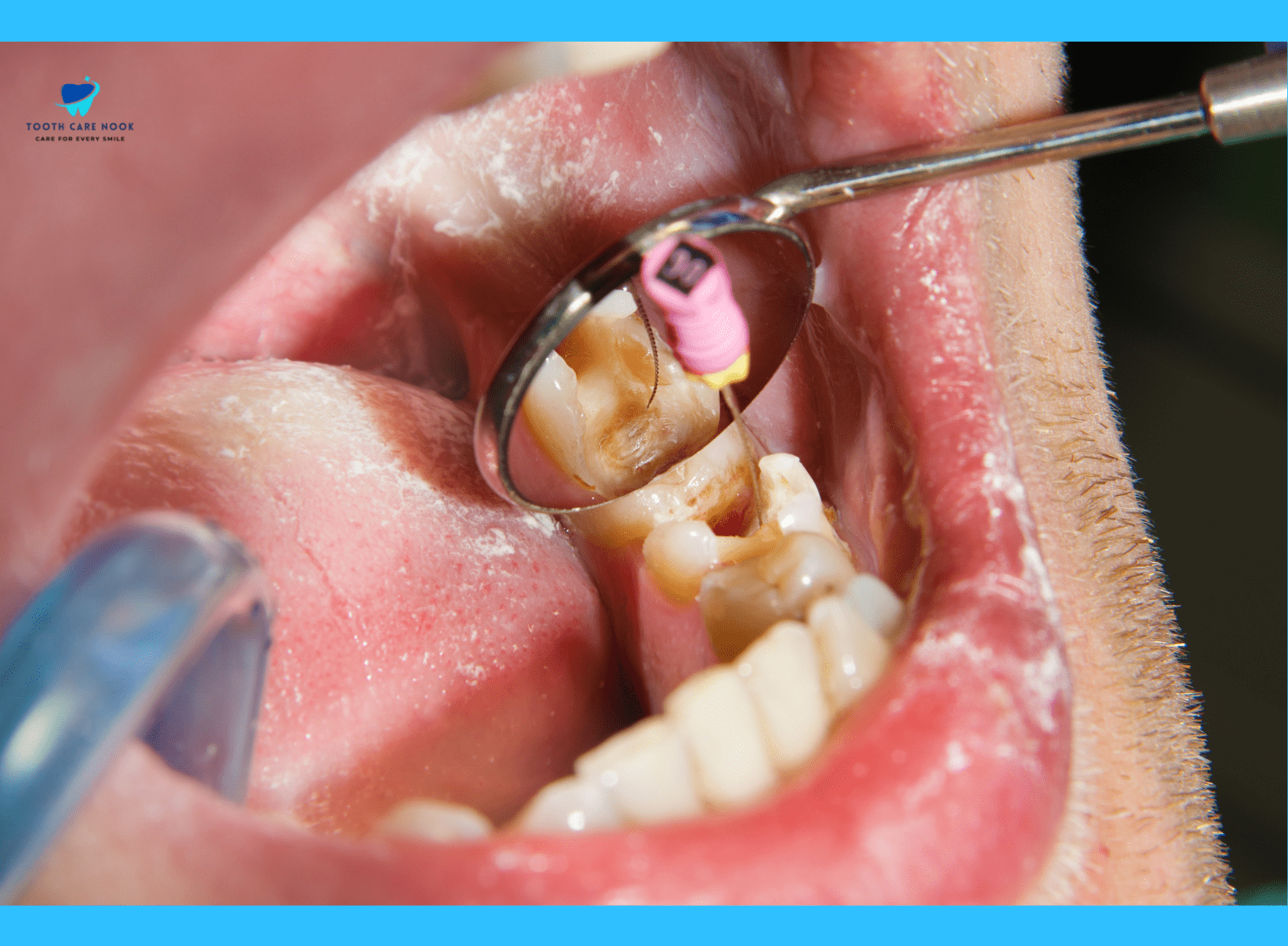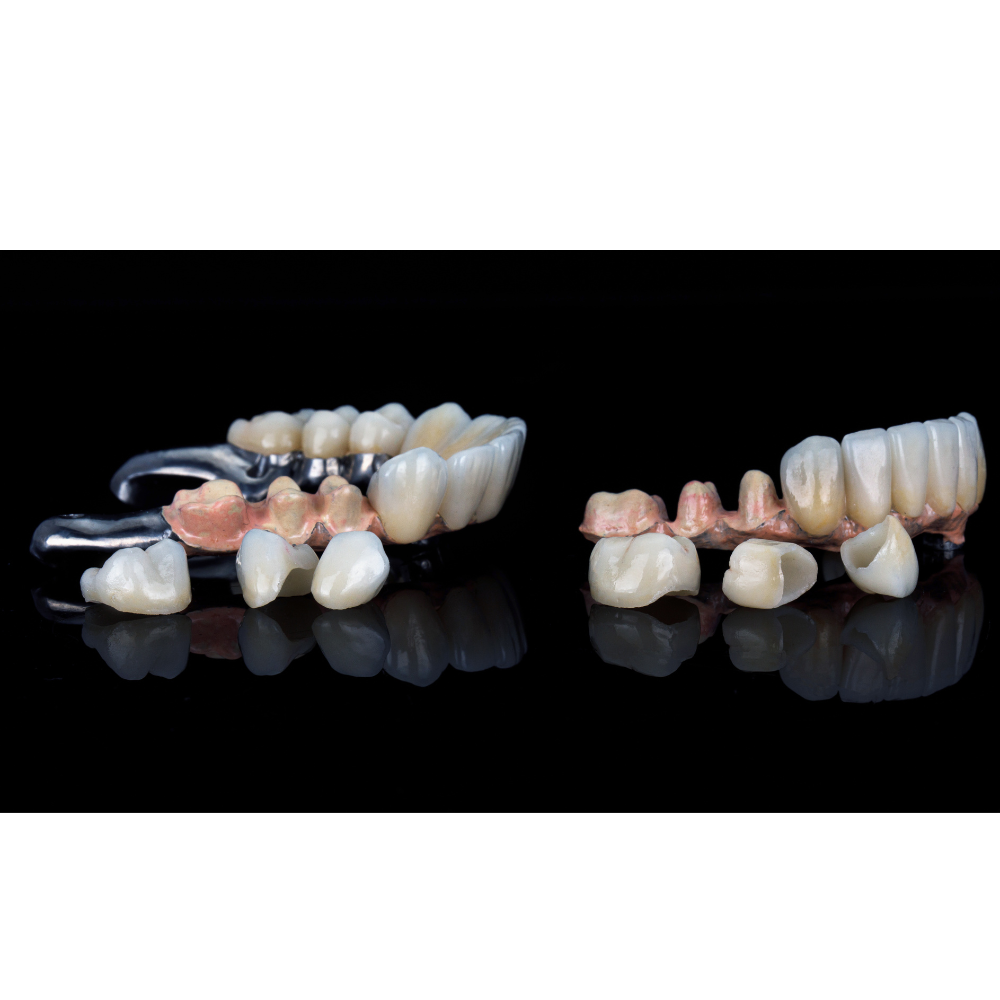Do Endodontists Pull Teeth | Responsibilities, Comparisons, And All
Toothaches can be scary, but luckily there’s a whole team of dental professionals ready to help! You know your general dentist, but have you heard of endodontists? Their name might sound fancy, but their role is quite specific.
General dentists are the first point of contact, but there are specialists like endodontists who possess a unique skill set. Here your all confusion will clear up. We’ll talk about what endodontists do and how they can help keep your smile healthy and bright. Hence, we need to know who an endodontist is before we can proceed.
What Is An Endodontist?
An endodontist is a dental specialist focused on diagnosing and treating issues related to the inside of the tooth. They are experts in performing procedures to save teeth that might otherwise need to be removed due to severe decay, injury, or infection.
Endodontists undergo additional training, a 2-3 year residency program focused on endodontic therapy after completing dental school. They learn advanced techniques and gain extensive experience in managing complex dental problems.
What Do Endodontists Do?
Following are some procedures that endodontics perform:
Endodontic Retreatment:
Endodontists can perform retreatment to fix the problem if a previous root canal treatment fails or complications arise.
Surgical Endodontics:
They carry out surgical procedures like apicoectomies. This involves removing the tip of the tooth’s root and any surrounding infected tissue.
Managing Dental Injuries:
They treat traumatic dental injuries like chipped, cracked, or dislodged teeth that ensure proper healing and function.
Advanced Diagnostics:
Endodontists use digital imaging and microscopes to accurately diagnose and treat complex dental issues that may not be visible during routine exams.
When To See An Endodontist?
You should see an endodontist in the following situations:
- If you experience severe tooth pain or sensitivity to hot and cold that doesn’t go away, an endodontist can diagnose and treat the problem.
- If you have any injuries such as chipped, cracked, or dislodged teeth.
- When you have swelling, tenderness, or an abscess on your gums, it could indicate an infection in the tooth’s pulp which an endodontist can treat.
- If you had a root canal treatment that didn’t fully resolve the issue or has developed complications, an endodontist can perform retreatment.
- For teeth with complicated root structures or challenging issues that a general dentist cannot handle, seeing an endodontist is the best option.

Do Endodontists Pull Teeth?
Endodontists do not pull or extract teeth. They are experts in performing procedures that aim to save your natural teeth, even when they are severely damaged or infected.
If a tooth needs to be extracted, this procedure is performed by a general dentist or an oral surgeon, not an endodontist. Endodontists focus on techniques and treatments to preserve your natural teeth whenever possible.
Difference Between Endodontist vs. Dentist
| Endodontist | Dentist |
| General dentist + 2-3 years residency in endodontics | Dental school graduation |
| Root canals, apicoectomies, complex trauma treatment | Cleanings, fillings, crowns, bridges, some extractions |
| You should see an endodontist for persistent toothache, sensitivity, infection, complex trauma | Go to the dentist for regular checkups, cleanings, and cavities |
Difference Between Oral Surgeon Vs Endodontist
| Oral Surgeon | Endodontist |
| Focuses on jaw, face, and surrounding tissues | Focuses on inner tooth pulp e.g. nerves, blood vessels |
| General dentist + 4-6 years residency in oral & maxillofacial surgery | General dentist + 2-3 years residency in endodontics |
| Tooth extractions like complex or wisdom teeth, jaw surgery, facial reconstruction, dental implants | Root canals, apicoectomies, complex trauma treatment to the tooth’s pulp |
| See an oral surgeon if you have impacted teeth, jawbone issues, facial trauma, complex extractions | Persistent toothache, sensitivity, infection, complex trauma to the tooth. |
What Type Of Dentist Pulls Teeth
Teeth are pulled by the following types of dentists:
General Dentists:
They can perform routine tooth extractions like removing decayed, damaged, or overcrowded teeth.
Oral and Maxillofacial Surgeons:
These specialists handle more complex extractions e.g. impacted teeth or wisdom teeth, teeth broken off at the gum line, or extractions that require surgical intervention. They also manage cases involving significant infection, jawbone issues, or other complications.
Periodontists:
Although their primary focus is on the supporting structures of the teeth. periodontists can perform extractions, particularly when related to periodontal disease.

Does An Endodontist Do Implants?
No, endodontists do not place dental implants. They specialize in saving natural teeth through procedures. Dental implants are placed by oral surgeons, periodontists, or prosthodontists.
Can An Endodontist Do A Root Canal?
Yes, an endodontist can do a root canal. They are specialists in performing root canal treatments and other procedures involving the inside of the tooth.
Is It Better To Get An Implant Or A Root Canal?
Whether it’s better to get an implant or a root canal depends on the specific condition of your tooth and overall dental health. Here are some straightforward considerations. A root canal saves your natural tooth by removing the infected or damaged pulp and sealing it. The procedure is less invasive than extracting a tooth and placing an implant.
On the other hand, dental implants replace a missing tooth with an artificial one which can last a lifetime with proper care. Implants are very durable and function like natural teeth. They help maintain jawbone health by preventing bone loss that can occur after a tooth is extracted.
FAQs
What Happens if I Don’t See an Endodontist When Needed?
If you don’t see the endodontist, your untreated pulp problems can lead to serious complications like tooth loss, jawbone infection, and even pain radiating to your head or neck. Early intervention through an endodontist can prevent these issues.
Are Teeth Removed For Root Canal?
No, teeth are not removed for a root canal. By removing the infected pulp, the endodontist can clean, disinfect, and seal the tooth, preventing further infection and allowing the tooth to remain functional. This saves you from needing a tooth extraction and the potential cost and inconvenience of a dental implant or bridge.
Is It Better To Save A Tooth Or Pull It?
The decision to save or pull a tooth depends on the specific situation. Your dentist will consider factors like the damage’s severity, the tooth’s and surrounding bone’s health, and your overall oral health. Always talk to a qualified dentist to determine the best course of action for your specific case.
Should I Be Worried About Seeing an Endodontist?
No, you should not worried about seeing an endodontist. They specialize in saving teeth and performing procedures to relieve pain and improve oral health.



